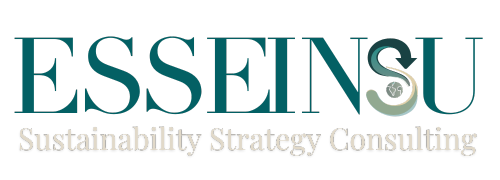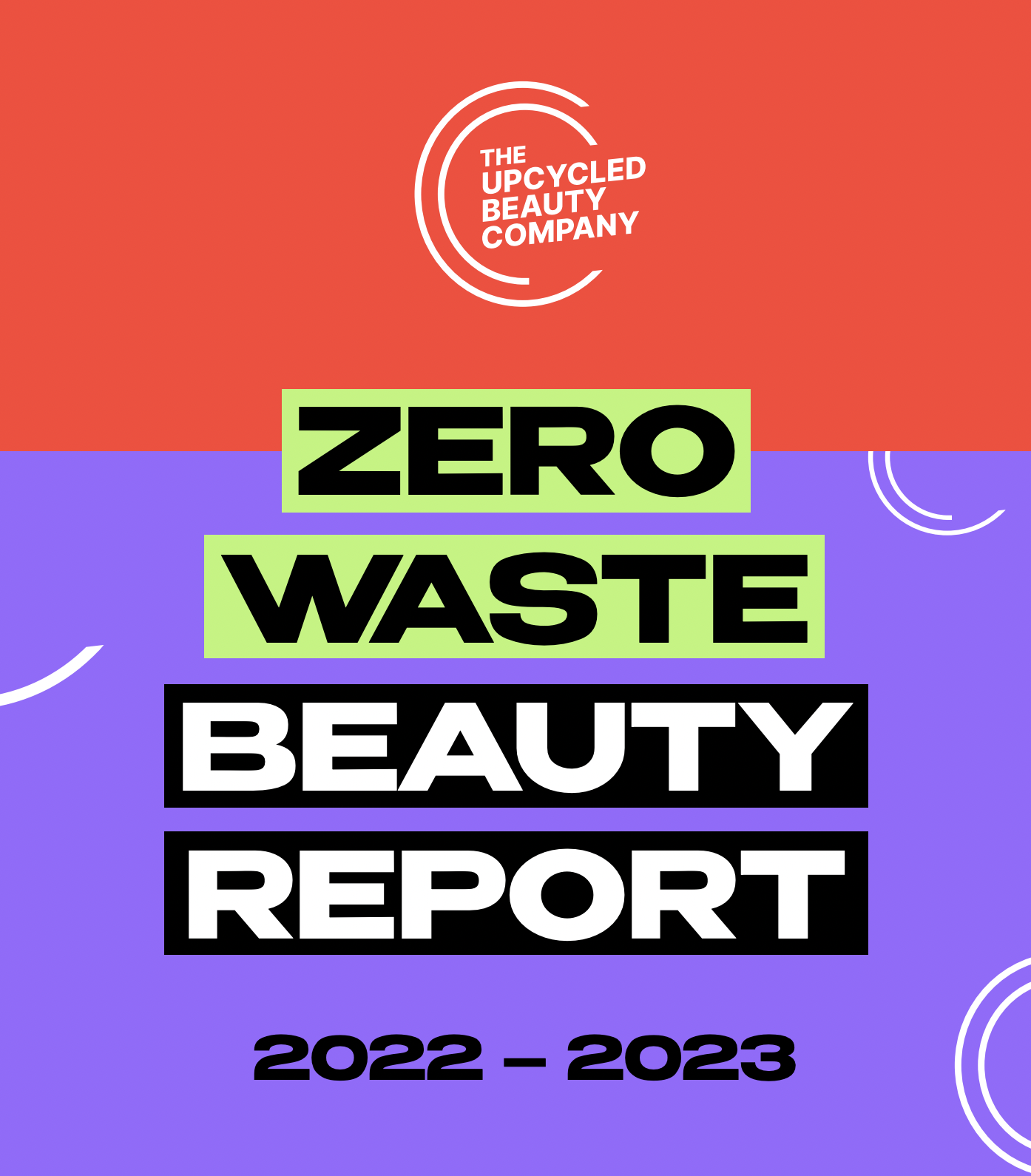Resource Hub
A comprehensive collection of curated sustainability-related content, designed to equip brands with the knowledge needed to navigate the evolving landscape of sustainable business practices.
Caution: The information and insights provided by this hub may cause your brand to better positioned to achieve long-term success and to drive positive change within your operations, supply chains, and beyond.
The State of Fashion 2023
The fashion industry is constantly changing, and brands need to be informed to stay ahead. This report provides an overview of trends, so brands make informed decisions about their product offerings, marketing strategies and sustainability efforts.
Fashion On Climate
A growing number of consumers are concerned about the environment but are they willing to pay more for sustainable products? The article demonstrates consumers are more likely to purchase brands that are committed to sustainability.
Fiber & Materials Report
The Preferred Fiber & Materials Report provides data and insights to assist brands in identifying target markets, developing new products, optimizing supply chains, and mitigating risks by using sustainable fibers and through the use of data.
BOF Sustainability Index
The BoF Sustainability Index 2021 tracks fashion's progress towards sustainability targets. The average score was just 36 out of 100. Reporting inconsistencies and weak areas in waste and workers' rights pose challenges. Kering and Nike lead, while Richemont and Under Armour lag behind.
Transparency Index 2022
This Fashion Transparency Index conducts an annual assessment of 250 major fashion brands and retailers globally, ranking them based on their comprehensive public disclosure regarding human rights, as well as the environmental and social impacts within their operations and supply chains.
Fashion Accountability
The Fashion Accountability Report examines challenges and initiatives faced by global fashion brands as they transition towards a more sustainable industry. It evaluates traceability, environmental justice, waste, commercial practices, raw materials, governance, and more!.
Zero Waste Beauty Report
The Zero Waste Beauty Report examines the Upcycled Beauty market, focusing on key areas such as waterless products, bring-your-own-water (BYO) products, reuse of by-products, and formulations. This report highlights brands with strong performance as they strive towards zero-waste.
Make Up The Future
Make Up the Future, serves as a guide for brands in the beauty and personal care industry, by helping brands prioritize and allocate resources to address key issues that can make a significant impact. It is actionable as it provides a range of solutions to empower sustainability managers.
The State of Beauty 23’
The beauty industry is also facing a number of challenges, such as sustainability, rising costs, and changing consumer preferences. The State of Beauty report identifies some of the most pressing challenges facing the industry, so that brands can develop strategies to mitigate these risks.
Rethinking Packaging
The framework from the New Plastics Economy team inspires innovative thinking in regards to sustainable packaging. While focused on B2C, it prompts brands to assess and enhance their practices. Embracing reuse and aligning with circular principles to meet consumer demands for sustainability.
Standards & Certifications
This document urges brands to publicly commit to improving packaging, to responsible sourcing through a supplier’s Code of Conduct, to set measurable goals, to report progress, and to prioritize transparency. These guideline also helps rethink and avoid greenwashing.
Priorities for Packaging
An analysis of the packaging industry, emphasizing three disruptive factors: sustainability, technology, and emerging industries, which are pushing to new materials, new formats, recyclability and consumer acceptance. The case of ecommerce is largely studied as well.
AR6 Synthesis Report
The Synthesis Report of the IPCC Sixth Assessment Report is a technical document that examines the current understanding of climate change, its extensive consequences and risks, and mitigation and adaptation strategies. It consolidates the primary discoveries from various working groups.
SBTs For Nature
Understanding the Science-Based Targets For Nature help brands attract customers who seek brands committed the environment, while also enabling brands to mitigate risks associated with nature loss, including supply chain disruptions, regulatory costs, and reputational damage.
Sustainable Travel 2022
The Sustainable Travel report 2022 identifies opportunities for the industry, such as carbon offsetting, responsible tourism, and sustainable accommodation. It provides guidance on how brands can improve their sustainability credentials and stay ahead while encouraging responsible travel.















